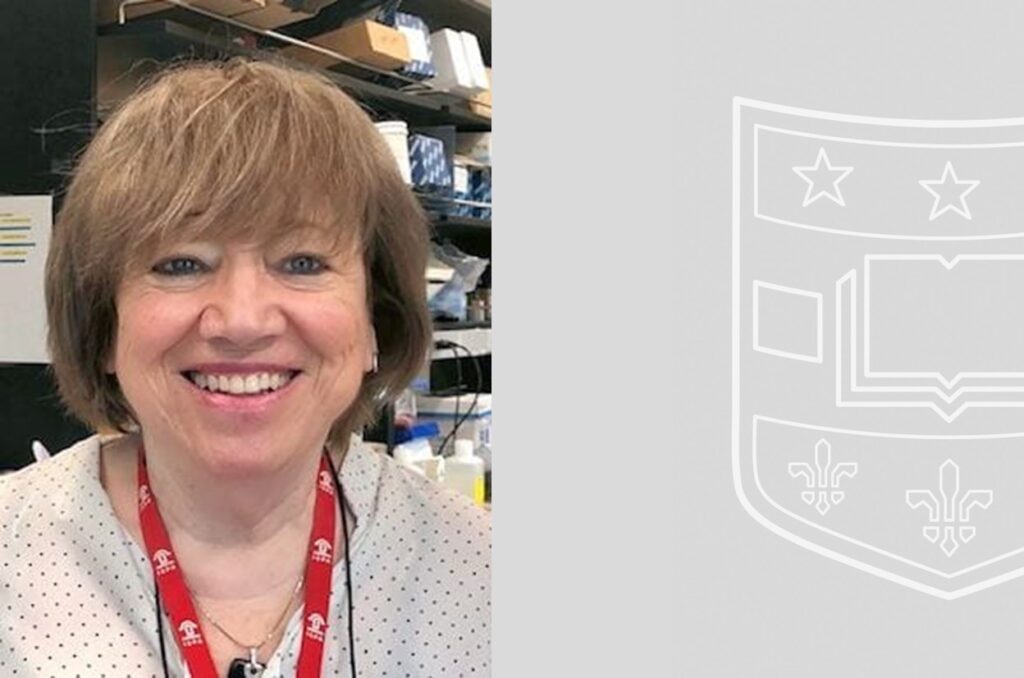Dr. Adriana Dusso is a Summa Cum Laude graduate in Biochemistry from the Universidad Nacional de Rosario, Argentina. In 1978, after a two-year fellowship in Clinical Biochemistry, she joined Dr. Puche´s laboratory in the Division of Biological Chemistry with a dual appointment: Assistant Professor of Biological Chemistry for 2nd year medical students and PhD student conducting the research work for her thesis entitled “Vitamin D and Iron Metabolism”. She obtained her PhD degree in Biochemistry in 1984. In 1985, she received a post-doctoral scholarship to join Dr. Slatopolsky’s laboratory, in the Nephrology Division at Washington University School of Medicine in St. Louis, to work on “Abnormalities in renal and extrarenal vitamin D synthesis in chronic kidney disease (CKD): Role in the development of secondary hyperparathyroidism”. She was appointed Faculty in 1988 and progressed through the ranks to Associate Professor, a position she held until June 30, 2010. On September 1, 2010, she joined the Division of Experimental Nephrology at Lleida Institute for Biomedical Research, Lleida University in Lleida, Spain, as a Senior Investigator. In January 2015, her laboratory moved to the Bone and Mineral Research Unit, directed by Dr. Cannata-Andia, at Instituto de Investigación Sanitaria del Principado de Asturias. In Spain, Dr. Dusso’s research focused on “Vitamin D control of renal and vascular aging in CKD”.
Dr. Dusso joined the Division of Endocrinology, Metabolism and Lipid Research in the Department of Medicine at Washington University School of Medicine on December 1, 2020 to work with Dr. Carlos Bernal-Mizrachi in his laboratory. Dr. Dusso studies molecular mechanisms that causally link abnormalities in renal and extrarenal vitamin D metabolism and actions, with the accelerated multi-organ aging increasing the high risk of cardiovascular mortality in chronic kidney disease (CKD). Her laboratory has identified relevant translational pathways. Most recently, her laboratory has demonstrated that the activation of an ADAM17/TNFα inflammatory loop in uremic aortas augments the release of pro-calcifying exosomes propagating medial calcium deposition. This inflammatory loop is efficaciously suppressed by dietary barley beta-glucans not only in uremic aortas but also in circulating leukocytes from healthy adults, attenuating immune senescence signaling. Her current research is focused on the identification of the earliest biomarkers of vitamin D and barley beta-glucans efficacy to safely target ADAM17 activation, with the goal of the safe design of strategies directed to attenuate immune and multi-organ aging beyond CKD.
